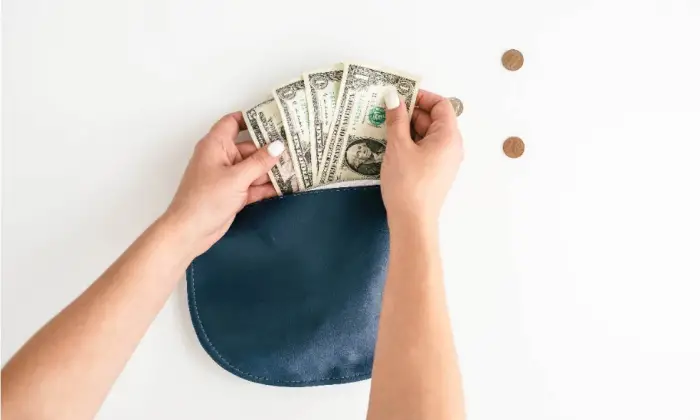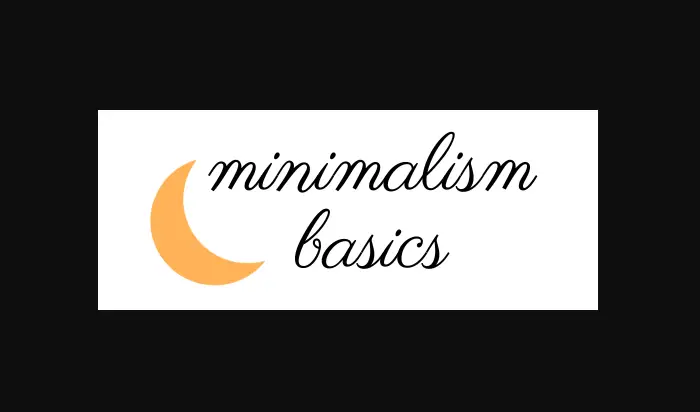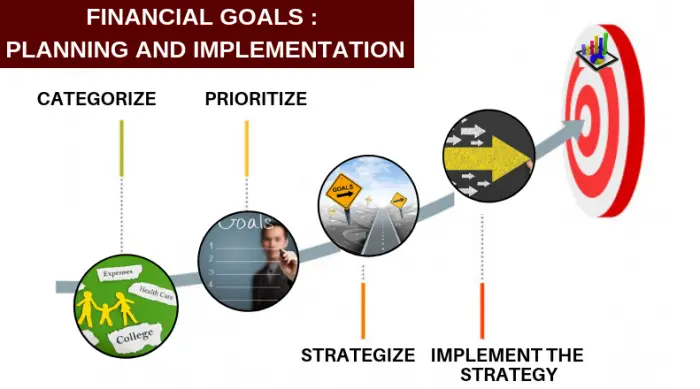- SurveyJunkie: Make $5-$25 in your free time. Just take online surveys, participate in Focus Groups and trying new products. Join SurveyJunkie Now!
Minimalism and Money: Embracing a simpler lifestyle can lead to increased financial stability and wealth. By focusing on essential needs and removing excess material possessions, one can reduce spending and live a more fulfilling life. By prioritizing experiences and relationships over things, minimalism can lead to a richer and more meaningful existence.
Further, the article know more about minimalism and money.
Table of Contents
Understanding the basics of minimalism and its impact on personal finances
Minimalism is a lifestyle choice that emphasizes simplicity and minimal possessions. This approach to life has gained popularity in recent years and has been found to have a positive impact on personal finances. 
Understanding the basics of minimalism and its impact on personal finances is important for those who want to live a more frugal and financially secure life. In this article, we will explore the principles of minimalism. And how it can help you save more money and live a more fulfilling life.
Know about how minimalism and money will simplify your life. You will also get to know about minimalism benefits
Identifying areas of excess in your life and creating a plan to simplify
Identifying areas of excess in your life and creating a plan to simplify is a crucial step toward adopting a minimalist lifestyle. By reducing unnecessary expenses and streamlining your possessions. You can free up more of your resources and focus on the things that matter most to you. 
This can help you improve your overall financial situation and lead to a more fulfilling and stress-free life. Understanding the benefits of minimalism and learning how to implement it in your daily routines is key to realizing its full potential and achieving your financial goals.
Minimalism for saving money is a necessary factor that you will get to know once you start reading more about it.
Practicing mindful consumption and reducing unnecessary spending
Minimalism is not just a trend or a lifestyle choice. It is a conscious effort to live a simple and fulfilling life, free from material clutter and financial stress. Mindful consumption and reducing unnecessary spending are two key principles of minimalism that can help individuals take control of their finances. 
By identifying areas of excess in your life and creating a plan to simplify. You can begin to see the positive impact of minimalism on your finances. Understanding the basics of minimalism and its impact on personal finances is a great first step toward financial freedom and stability.
Also, learn about how minimalism and money will help you save more money.
Implementing a budget and tracking your spending
Implementing a budget and tracking spending are key components of practicing minimalism and improving personal finances. By setting realistic spending limits and monitoring your expenses, you can gain a better understanding of where your money is going and identify areas for improvement. 
This approach helps you make conscious decisions about your spending habits and ensures that you are living within your means. By consistently monitoring and making modifications, you can manage your finances effectively and establish a solid basis for financial stability and protection.
Finding ways to declutter and simplify your living space
Minimalism has become a popular lifestyle choice in recent years, with many individuals recognizing the benefits of simplifying their lives. One of the key areas is that minimalism can have an impact on his finances. 
By decluttering and simplifying your living space, you can identify areas of excess spending. And find ways to reduce unnecessary costs. Implementing a budget and tracking your spending is another important step in the journey towards a more minimalist, financially secure life.
See also: Healthcare Cost Management: Strategies For Reducing Medical Expenses
Developing a minimalistic mindset and prioritizing financial goals
Developing a minimalistic mindset and prioritizing financial goals is essential for creating a simpler, more fulfilling life. Minimalism involves reducing excess and focusing on what truly matters, which can result in increased savings and improved financial stability. 
By aligning your spending with your values and priorities, you can cultivate a more intentional, mindful approach to money and personal finances. This, in turn, can help you make more meaningful, sustainable choices that lead to greater financial success over time.
See Also: 10 Different Ways You Can Make Money by Drawing
Cultivating a frugal lifestyle and maximizing savings opportunities
Minimalism and frugality are two intertwined concepts that can greatly impact your finances. Cultivating a frugal lifestyle involves finding ways to maximize savings opportunities and minimizing unnecessary spending. By developing a minimalistic mindset and prioritizing financial goals, you can simplify your life and free up resources to put toward reaching your financial aspirations. 
Implementing a budget, tracking your spending, and practicing mindful consumption can help you identify areas of excess and create a plan to simplify. Understanding the basics of minimalism and its impact on personal finances is the first step toward achieving financial stability.
See also: 9 Best YNAB Alternatives
FAQs
What is minimalism concerning personal finances?
Minimalism in personal finances refers to a lifestyle focused on simplicity, frugality, and reducing waste and unnecessary spending.
How does minimalism help with saving money?
Minimalism encourages individuals to prioritize their financial goals and eliminate excessive spending, leading to increased savings and a healthier financial outlook.
How can I identify areas of excess in my life?
Start by evaluating your spending habits, living space, and possessions. Consider what brings you joy and what can be cut back on or removed.
What is mindful consumption?
Mindful consumption involves making intentional, informed decisions about what we buy and consume. It helps reduce waste and unnecessary spending.
How does implementing a budget help with saving money?
A budget helps individuals track their spending and make adjustments to prioritize their financial goals. It leads to better money management and increased savings.
What is a minimalistic mindset?
A minimalistic mindset prioritizes simplicity and purpose in all aspects of life, including financial decisions. It helps individuals focus on their values and financial goals.
What is a frugal lifestyle?
A frugal lifestyle involves making conscious decisions to minimize expenses, live within your means, and prioritize savings.
How can I cultivate a frugal lifestyle?
Start by reducing unnecessary spending, practicing mindful consumption, and finding creative ways to save money. Consider seeking out frugal living communities for tips and support.
Is minimalism a sacrifice?
Minimalism does involve cutting back on unnecessary expenses, but it ultimately leads to a simpler and more fulfilling life, free from financial stress.
How does minimalism help with saving money?
Minimalism encourages reducing unnecessary expenses and practicing mindful consumption, leading to increased savings.
How does decluttering affect finances?
Decluttering helps identify areas of excess spending and allows for a better understanding of one's financial priorities, leading to more efficient budgeting.
How does simplifying one's living space impact finances?
Simplifying living space can reduce the need for storage solutions and cleaning services, leading to lower expenses and increased savings.
Can minimalism and frugality coexist?
Yes, a minimalist mindset and a frugal lifestyle can complement each other, as minimalism prioritizes simplicity and purposeful spending, and frugality emphasizes maximizing savings opportunities.
Can minimalism lead to increased income?
Minimalism can lead to increased income by freeing up time and reducing stress, allowing for better focus on personal and professional goals, leading to potential opportunities for career growth and increased income.
Conclusion
Minimalism is a powerful tool for optimizing personal finances. By simplifying areas of excess, practicing mindful consumption, implementing a budget and tracking spending, decluttering living spaces, prioritizing financial goals, and cultivating a frugal lifestyle, individuals can maximize their savings and improve their financial stability. By embracing a minimalistic approach, individuals can learn to live with less and prioritize what truly matters in life.
Thus this was all about minimalism and money!
